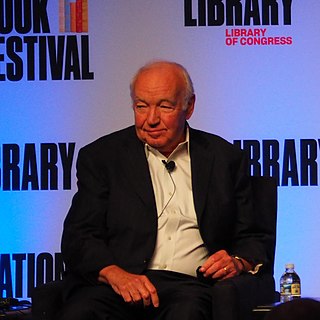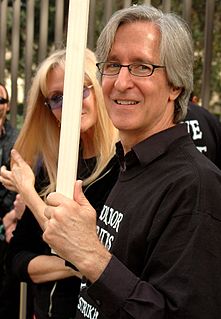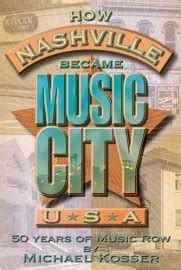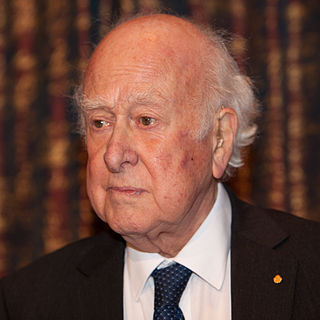A Quote by Alfred A. Knopf
The writer who can't do his job looks to his editor to do it for him, though he won't dream of sharing his royalties with that editor.
Related Quotes
That is an editor. He is trying to think of a word. He props his feet on a chair, which is the editor's way; then he can think better. I do not care much for this one; his ears are not alike; still, editor suggests the sound of Edward, and he will do. I could make him better if I had a model, but I made this one from memory. But is no particular matter; they all look alike, anyway. They are conceited and troublesome, and don't pay enough.
My father was the editor of an agricultural magazine called 'The Southern Planter.' He didn't think of himself as a writer. He was a scientist, an agronomist, but I thought of him as a writer because I'd seen him working at his desk. I just assumed that I was going to do that, that I was going to be a writer.
Another editor. That thing behind his ear is his pencil. Whenever he finds a bright thing in your manuscript he strikes it out with that. That does him good, and makes him smile and show his teeth, the way he is doing in the picture. This one has just been striking out a smart thing, and now he is sitting there with his thumbs in his vest-holes, gloating. They are full of envy and malice, editors are.
That is what diminishes the artist and his song. The artist is now hermetically sealed. The publishing company got him his deal and they expect to profit from his songs. So what if he is a better singer than a songwriter; let's put him in a room with a real songwriter. Something great is bound to come...except very often nothing great comes out of such contrived match-ups. Nobody knows where a great song comes from, and that's why so many writers credit the Lord as a co-writer (though I notice they never offer Him half the writer's royalties) when they come up with a real gem.
That name was a kind of joke, and not a very good one. An author, Leon Lederman, wanted to call it 'that goddamn particle' because it was clear it was going to be a tough job finding it experimentally. His editor wouldn't have that, and he said 'okay, call it the God particle', and the editor accepted it. I don't think he should've have done, because it's so misleading.
A moment I've been dreading. George brought his ne're-do-well son around this morning and asked me to find the kid a job. Not the political one who lives in Florida. The one who hangs around here all the time looking shiftless. This so-called kid is already almost 40 and has never had a real job. Maybe I'll call Kinsley over at The New Republic and see if they'll hire him as a contributing editor or something. That looks like easy work.
The woodchopper reads the wisdom of the ages recorded on the paper that holds his dinner, then lights his pipe with it. When we ask for a scrap of paper for the most trivial use, it may have the confessions of Augustine or the sonnets of Shakespeare, and we not observe it. The student kindles his fire, the editor packs his trunk, the sportsman loads his gun, the traveler wraps his dinner, the Irishman papers his shanty, the schoolboy peppers the plastering, the belle pins up her hair, with the printed thoughts of men.



































